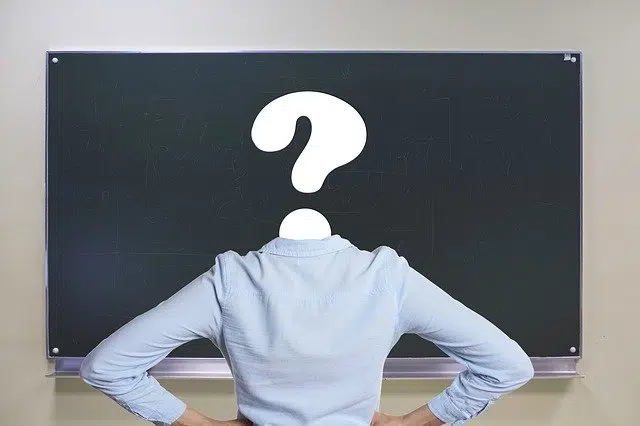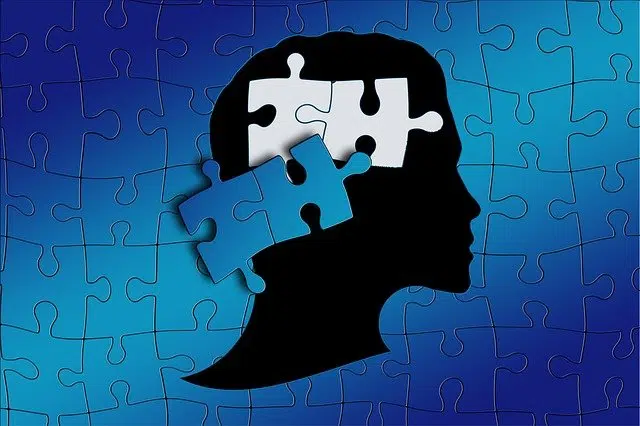
Psychopedagogy analyzes psychological phenomena in pursuit of optimization of pedagogical and didactic methods.
Psychopedagogy is the branch of psychology that is responsible for psychological phenomena to arrive at a more appropriate formulation of didactic and pedagogical methods. It is responsible for the foundations of the subject and the object of knowledge and their interrelation with language and sociohistorical influence, within the context of daily learning processes. In other words, it is the science that allows us to study the person and their environment in the different stages of learning that encompass their life.
Through its methods, it studies the present problem, glimpsing the cognitive, affective and social potential for better development in the activities carried out by the person.
Psychopedagogy developed as a scientific discipline from the second half of the 20th century , with an interdisciplinary approach and combining knowledge of education and mental health .
The work of professionals in psychopedagogy
A professional in psychopedagogy is supposed to manage the epistemological bases of psychopedagogical knowledge, with its basic notions and conceptual axes. You must also know the auxiliary sciences that contextualize your professional performance and all the applications that these entail towards thinking and development as a human being.
Psychopedagogues are responsible for studying, preventing and correcting the difficulties that an individual may present in the learning process , even when he or she has an IQ within normal parameters but presents difficulties in learning . For this reason, psychopedagogy studies the phenomenon of adaptation that involves the evolutionary development of the mind, with the teaching-learning process.
Precisely, the presence of the educational psychologist in the school environment is very common, because not all children adapt with the same ease to the educational system or to interaction with other people, but some need a certain degree of guidance so that the experience does not overflow As mentioned in the previous paragraph, this is not always related to a deficiency in intellectual ability; In fact, the most common cases of difficulty performing adequately in school originate from family problems.

Psychopedagogy experts prevent and reverse learning difficulties.
Functions of this discipline
Psychopedagogy has various functions, and all of them must be based on personalized attention to each individual, to understand their own difficulties and offer them the help they really need , instead of a generic formula. In what cases is it recommended that a child go to the educational psychologist? In general rules, whenever there is evidence of a problem learning the concepts at the pace that teachers expect. A common example in younger children is when they are taught to write and they fail to respect the shapes or sizes of the letters.
But psychopedagogy is not only about the private consultation that a patient makes to a professional, but also about the consulting that he can and should carry out to guide teachers in their dealings with students . The preparation that psychopedagogues receive includes various theoretical and practical tools to treat children and adolescents in the best possible way throughout the educational process, and it is their duty to transmit them to teachers so that they merge with the study programs.
In other words, in no way should we think that the role of the educational psychologist is to wait for the teacher to make a mistake so that the student comes to him for help, but rather to create a healthy and compassionate teaching environment to minimize the risk of psychologically harm the student. Their functions also include direct contact with parents and guardians, to study the patient's family situation and, if necessary, propose changes that help them feel better.
